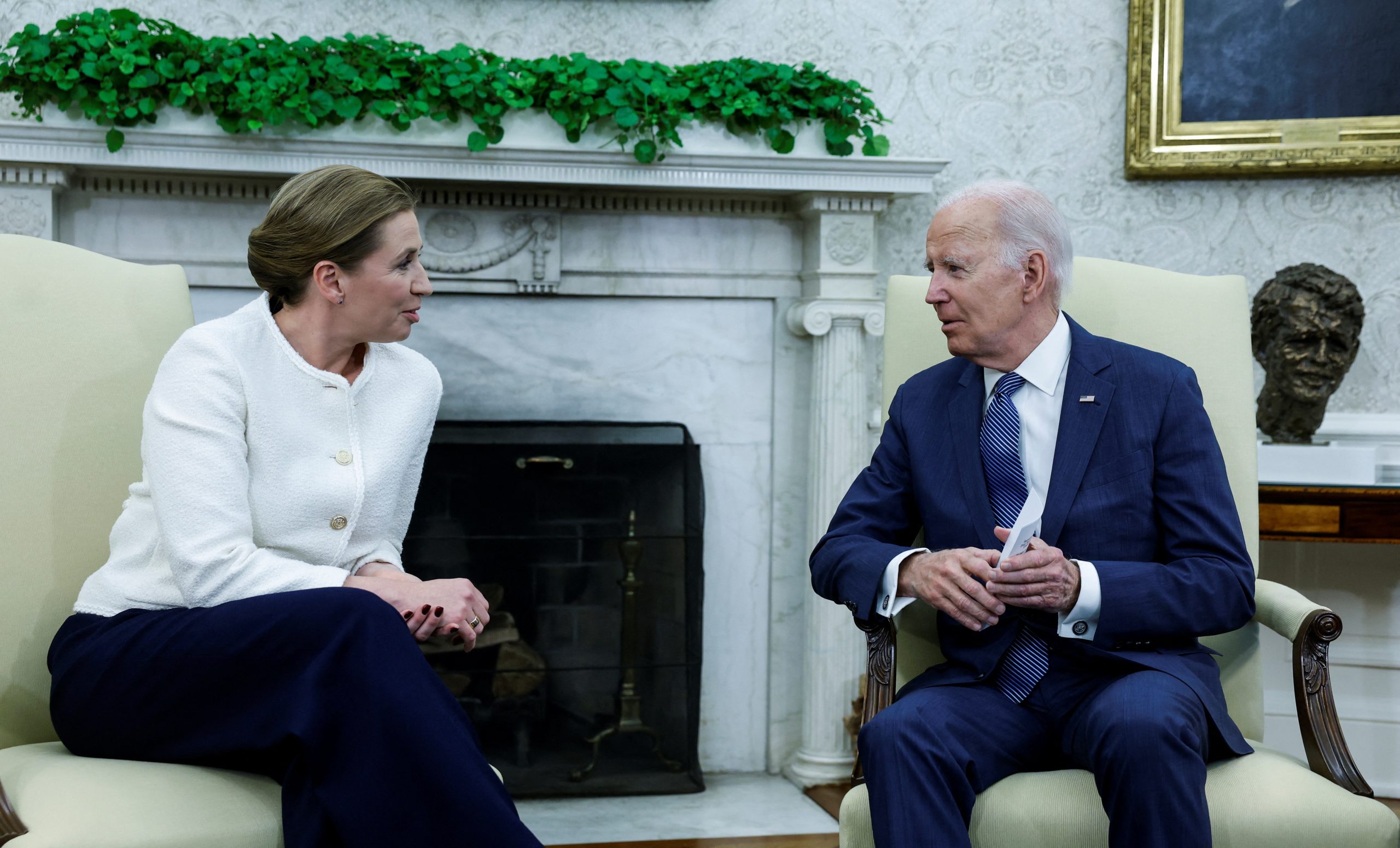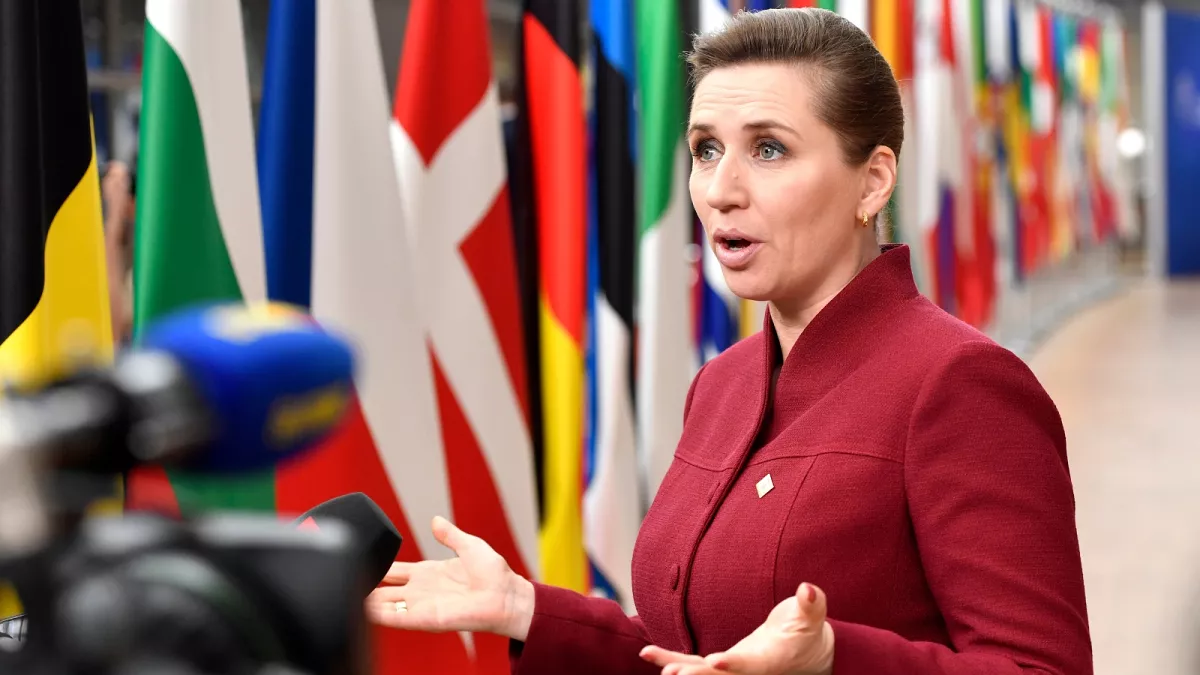As Charles Michel’s tenure as president of the European Council nears its end, Europe is experiencing great geopolitical shifts, each with profound implications.
Ukraine’s brave resistance against a formidable military force underscores the precariousness of its future, while concerns mount over potential Russian aggression towards Moldova, Georgia, and even NATO itself.
Meanwhile, the specter of American isolationism looms with the possibility of Donald Trump’s return to the White House. The presidency of the European Council assumes immense importance during such tumultuous times. The officeholder must set priorities for the European Union and foster unity among its 27 member states.

Prime Minister Frederiksen (Credits: POLITICO.eu)
I believe that Mette Frederiksen, the prime minister of Denmark and the EU’s longest-serving female head of government, is uniquely positioned to address these pressing issues.
Russia’s recent invasion of Ukraine is not an isolated incident but part of a broader neo-revisionist agenda aimed at challenging European integration since the collapse of the Soviet Union. This geopolitical shift signals a prolonged period of Russo-European confrontation. Few leaders grasp the gravity of Russia’s threat better than Prime Minister Frederiksen.
Denmark, a staunch supporter of Ukraine within the EU, has demonstrated its commitment through substantial financial assistance and increased defense investment. Despite economic repercussions, Denmark has allocated significant funds to aid Ukraine, showcasing its solidarity with the embattled nation.

Minister Frederiksen and Joe Biden (Credits: Reuters)
While European nations respond to Russia’s aggression differently, Denmark stands out for its commitment to consensus-building. Prime Minister Frederiksen’s leadership, exemplified by Denmark’s reversal of its EU defense policy opt-out in a national referendum, underscores her belief in broad coalitions to tackle complex challenges.
Unlike centralized approaches adopted by larger EU economies like France and Germany, Denmark’s consensus-based strategy offers a valuable model for strengthening EU support for Ukraine.
As Europe maneuvers through this turbulent geopolitical terrain, Frederiksen’s leadership may play a pivotal role in steering the EU towards unity and facilitating decisive action.























